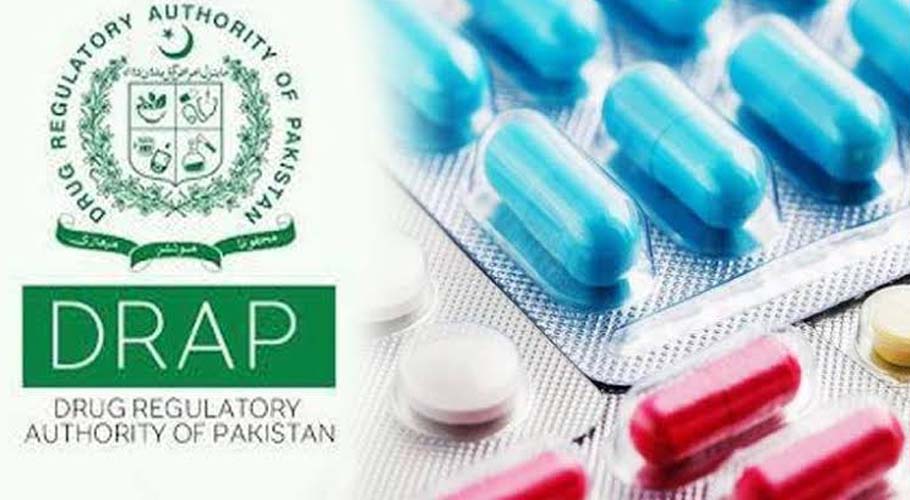The new article highlights the aspects of clinical research concerning the products intended to be marketed and used in Pakistan.

Table of content
The Drug Regulatory Authority of Pakistan (DRAP), the country’s agency in healthcare products, has published a guidance document dedicated to clinical research.
The document provides an overview of the existing legal framework and additional clarifications and recommendations to be considered by medical device manufacturers and other parties involved to ensure compliance with the relevant regulatory requirements.
It is also important to mention that provisions of the guidance are non-binding in their legal nature, nor are they intended to introduce new rules or impose new obligations. The authority also reserves the right to change the guidance and recommendations provided therein, should such changes be reasonably necessary to reflect corresponding amendments to the underlying legislation.
The guidelines for conducting clinical research in Pakistan are designed to navigate industry representatives through the complexities of clinical trials, especially during public health emergencies.
The recommendations provided in the guidelines are based on the Bio-Study Rules of 2017, emphasizing the need for swift and responsive action to safeguard human subjects involved in research.
Fast-Track Processing
Following the applicable regulatory requirements, the standard procedures for clinical trial applications can be bypassed in a public health emergency, such as a significant infectious disease outbreak or a bioterrorist attack.
The Clinical Studies Committee (CSC) is empowered to fast-track applications deemed crucial for addressing the emergency, aiming to preserve human life. Applicants seeking to conduct clinical research under emergency conditions must indicate their request for fast-track processing in their application cover letter, providing a solid justification for the urgency.

Parallel Processing for Site and Research Applications
The document also covers the aspects related to parallel processing. In particular, it is stated that Applicants wishing to initiate clinical research at new sites not yet approved by the Drug Regulatory Authority of Pakistan (DRAP) can request parallel processing of their site and research applications.
This approach aims to streamline approvals without compromising the standard prerequisites and evaluations.
Timelines and Process Flow
According to the guidance, all applications are processed on a first-come, first-served basis. Routine applications undergo initial review within 30 working days, promptly addressing any identified deficiencies.
The complete process, from application receipt to the final decision, is expected to be concluded within 90 working days.
The processing time is significantly reduced for applications related to public health emergencies.
The intention is to complete the evaluation and decision-making process within 40 working days, ensuring rapid response to urgent health needs.
Ethical Approval for Clinical Research
As explained by the authority, ethical clearance certificates are mandatory for all clinical research applications.
These certificates ensure that the research adheres to ethical standards, protecting participants’ safety, rights, and well-being.
The ethical review process involves several committees, including Institutional Review Committees (IRC), Ethics Review Committees (ERC), and the National Bioethics Committee (NBC). These bodies independently assess the ethical aspects of proposed trials, ensuring compliance with national and international guidelines.
Amendments and Urgent Safety Measures
According to the guidance, sponsors or Principal Investigators (PIs) may need to amend approved research protocols to protect participant safety or respond to new information.
Amendments require prior approval from the CSC or NBC, with a clear delineation between substantial and minor changes based on their potential impact and associated risks.
However, it is essential to mention that in cases where immediate changes are necessary for participant safety, the investigator can implement these changes but must inform the relevant committees promptly.
The process for submitting and approving amendments is structured to maintain research integrity while adapting to emerging needs.
Audits and Inspections
The scope of the guidance also covers the aspects related to audits and inspections to be conducted in the context of clinical investigations.
According to the document, inspections or audits may be performed to evaluate the suitability of research facilities and ensure compliance with Good Clinical Practice (GCP) standards.
These inspections can occur at various stages of the research process and are crucial for maintaining the credibility and reliability of clinical data.
Conclusion
The present guidance document highlights the key points related to clinical investigations and the respective legal framework.
The scope of the guidance covers, among other things, special review routes to be followed in case the device in question is intended to be used in the context of a public health emergency, as well as the approach to be applied in case of changes implemented after the initial approval being granted.
How Can RegDesk Help?
RegDesk is a holistic Regulatory Information Management System that provides medical device and pharma companies with regulatory intelligence for over 120 markets worldwide. It can help you prepare and publish global applications, manage standards, run change assessments, and obtain real-time alerts on regulatory changes through a centralized platform. Our clients also have access to our network of over 4000 compliance experts worldwide to obtain verification on critical questions. Global expansion has never been this simple.

